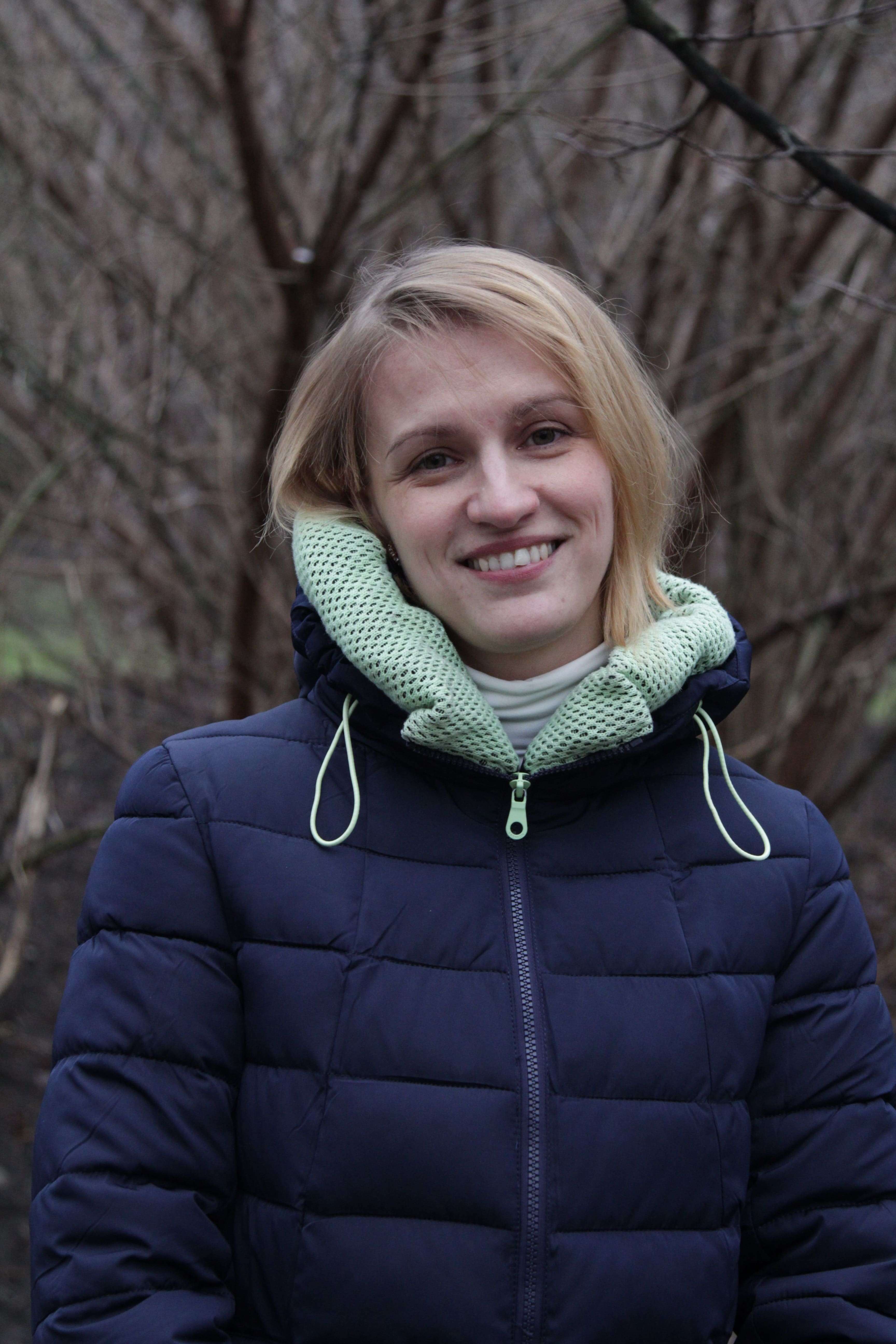Bogdana protects urban soil from pollution by turning dead leaves into fertiliser to ensure flourishing green spaces in the city.
Bogdana’s ultimate dream is to change people’s attitudes to nature and the planet by showing that it is possible to restore soil fertility and improve the quality of the fresh produce we eat while safeguarding our health and that of future generations without costly investments or chemical fertilisers. She aspires to protect nature and plant shrubs in an effort to change people’s vision of the future and leave behind a better, cleaner and more beautiful planet for our children to enjoy. Bogdana’s project is overseen by the “New Life to Dead Leaves” association, and extends well beyond national borders.

In early October 2016, Bogdana’s association gathered around 80 kilos of dead leaves in a local park near the lake. Ten days later, around 3,000 Californian earthworms were bought and added to plastic boxes containing the leaves. The project was born.
By February 2017, the number of worms had doubled despite the fact that the temperature in the premises hired for the project never exceeded 12°C (almost too cool for the worms to reproduce) and that in the first few months, the worms had to adapt to their new diet (having previously survived on manure).
In mid-May 2017, the association had its first batch of worm compost (a product based on dead leaves), which was given to local gardeners and a private urban greenhouse.
The dead leaves gathered to feed the worms were primed in a variety of different ways, proving that pre-prepared leaves are processed much more quickly by the worms. The association trialled different ways of speeding up worm reproduction rates, and in August, the number of worms had risen to around 40,000.
In short, Bogdana’s project aims to recycle the city’s dead leaves via worm composting (using Californian earthworms). Today’s urban landscapes are extremely polluted by high-impact technology. Our cities’ green spaces trap and retain a host of different airborne and water-borne pollutants, as well as soil pollutants that seep into leaves. Trees filter out most of these harmful substances, which then amass in their leaves. Standard dead leaf composting poses a threat to soil because the harmful substances leak out of the decomposing leaves into the soil and then the groundwater. This natural way of recycling dead leaves allows them to be transformed into a natural fertiliser for use in the city’s green spaces.
Are you working on a project that fosters biodiversity, and has a positive social and environmental impact? Do you need support to take your ideas further?
If so, apply to the Terre de Femmes Award and you may just secure a grant and the support of an entire network of inspiring women!



